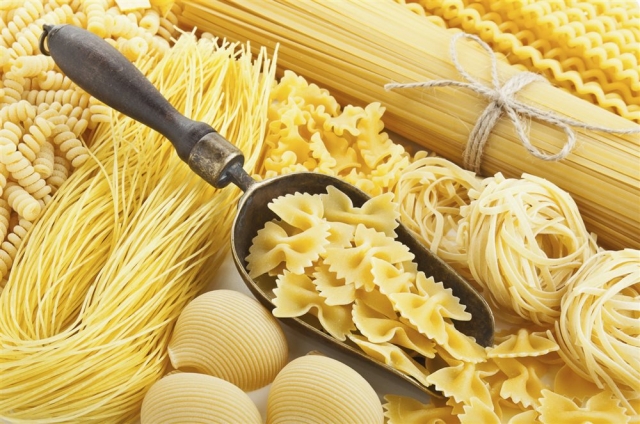photos www.fnews.gr, www.mama365.gr
Is it possible that in Greece, after six years of recession and several months of capital controls, food prices have seen the largest increase both on an annual and on a monthly basis in the whole EU? Yes, it is, and this is not only due to the increased VAT since 20 July. Bread, milk and meat are the most typical examples.
This is how the market has responded to the turmoil: manufacturers have raised their prices for the losses their companies have suffered amid capital controls, prepayment of imported raw materials (which is mandatory since the beginning of the year) – from packaging to feed (due to lack of confidence in the Greek economy among foreign suppliers) – and delayed payments by the state.
According to Eurostat, food prices in Greece increased by 2.9% in August compared to July. This is the steepest rise in the 28 EU member states. Greece has also experienced the highest annual increase in food prices compared to August 2014 – 4.2%. Interestingly enough, this applies to products that continue to be taxed at the lower VAT rate of 13%. Bread and cereals have risen by 3.2% on an annual basis (the highest increase in the EU), meat - by 1.9%, which is again the steepest EU rise, especially against the backdrop of average EU meat prices falling by 1.3%.

And the list of swelling prices does not stop here. Olive oil has increased by 9.9%, fruit - by 17.2%, vegetables – by 9.6%, fish – by 0.4%, milk, eggs and cheese – by 0.3%. The only rise, which is entirely justified by the higher VAT, is that of sugar – 5%. September data clearly shows the upward trend in price tags, especially in comparison with June, before the capital controls.
According to the Greek statistical service Elstat, the price of milk in September was 2.96% higher compared to June this year. Although farmgate milk prices for the eight months from January through August 2015, according to official data, were lower compared to the same period of 2014.
Premium pasta
The prices of bread, flour and cereals have been rather volatile. Pasta prices in September exceeded June ones with 3.27%. A look at the fluctuations of these products' inputs produces stunning results. Eurostat data shows that the price of bread wheat, the greater part of which Greece imports, has increased by 4.6%. During the same period, the EU price has dropped by 5%. Although insignificantly, by only 0.8%, durum wheat has also appreciated. On an annual basis, the price of bread wheat in Greece rose by 6.7%, while the EU price only saw an increase of 1%.